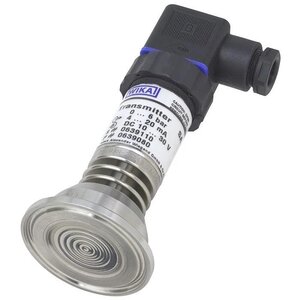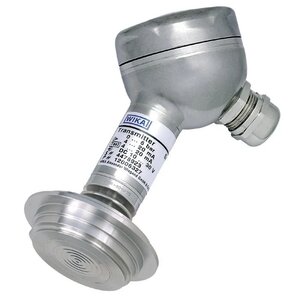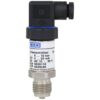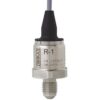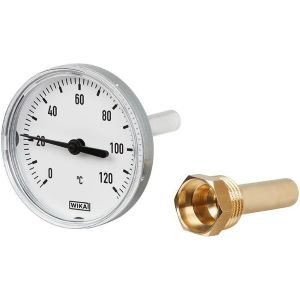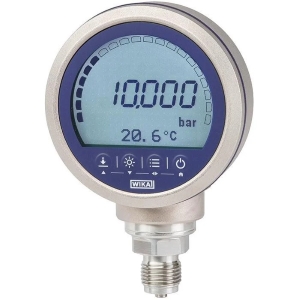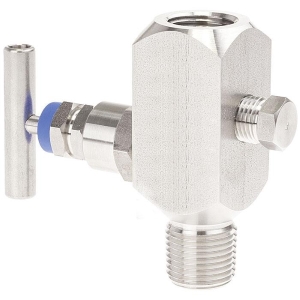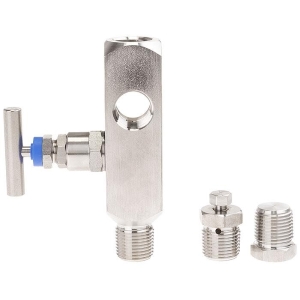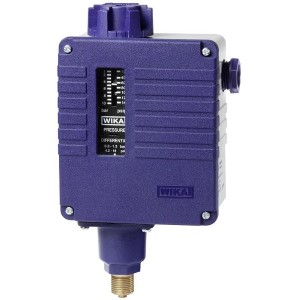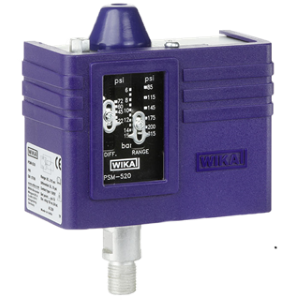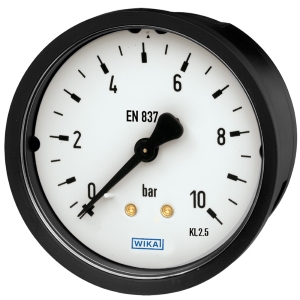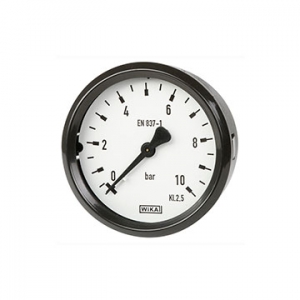WIKA SA-11
WIKA SA-11 – (Pressure Transmitter For Sanitary Applications) WIKA/Germany
Pressure Transmitter For Sanitary Applications WIKA SA-11
Applications
- For gases, compressed air, vapour; liquid, pasty, powdery and crystallising media
- Ultra-pure steam systems for SIP
- Hydrostatic level measurement
- Vacuum monitoring, e.g. vacuum conveyors, pump monitoring
- Food and beverage industry, pharmaceutical industry, biotechnology, sanitary applications
Special Features
- Wide variety of aseptic process connections, for process temperatures up to 150 °C [302 °F]
- Diaphragm seal parts all welded
- Suitable for SIP and CIP
- Ingress protection up to IP68
Description
The model SA-11 pressure transmitter is designed especially for the requirements of the food and beverage, pharmaceutical and biotechnology industries.
The instrument is particularly suitable for the special conditions of CIP/SIP cleaning processes, such as chemical stability towards cleaning liquids and high temperatures.
The flush diaphragm is directly welded to the process connection. This guarantees a crevice-free joint between the process connection and the measuring cell, additional sealings are not required.
For dead-space free instrumentation, aseptic process connections (clamp, threaded, VARINLINE® and NEUMO®) are available.
The model SA-11 conforms to the 3-A Sanitary Standard and is EHEDG-certified.
Construction
A diaphragm made of 1.4435 stainless steel forms a flush separation of the process medium from the pressure transmitter.
The process pressure is transmitted hydrostatically from the diaphragm, via an FDA-approved system fill fluid, to a piezoresistive sensor.
The measuring range covers 0 … 250 mbar up to 0 … 25 bar.
The model SA-11 pressure transmitter is powered with a DC voltage of 10 (14) … 30 V. As output signals, 4 … 20 mA, 0 … 20 mA or 0 … 10 V are available.
A stainless steel case, with an ingress protection of up to IP68, offers a secure protection for external cleaning with splash water and enables its use in high-humidity environments. Through the integrated cooling element, process temperatures of up to 150 °C [302 °F] can be realised.

 Tiếng Việt
Tiếng Việt
